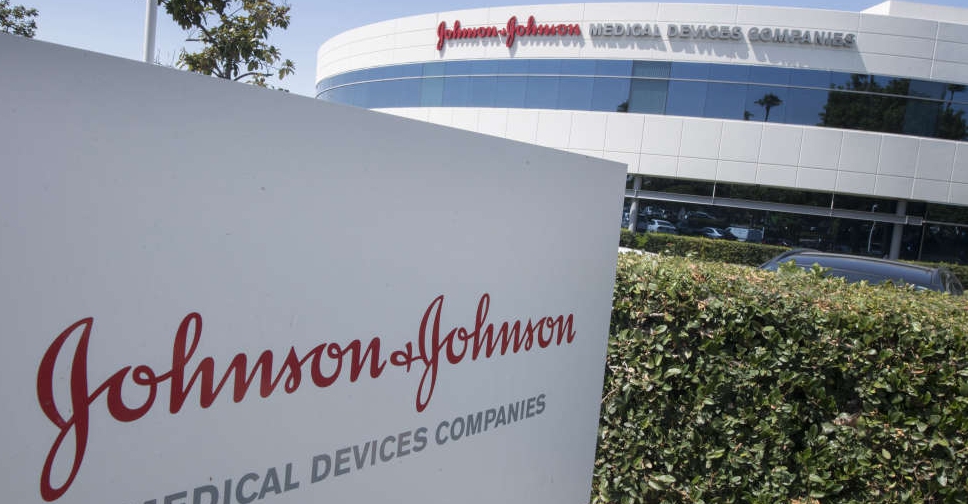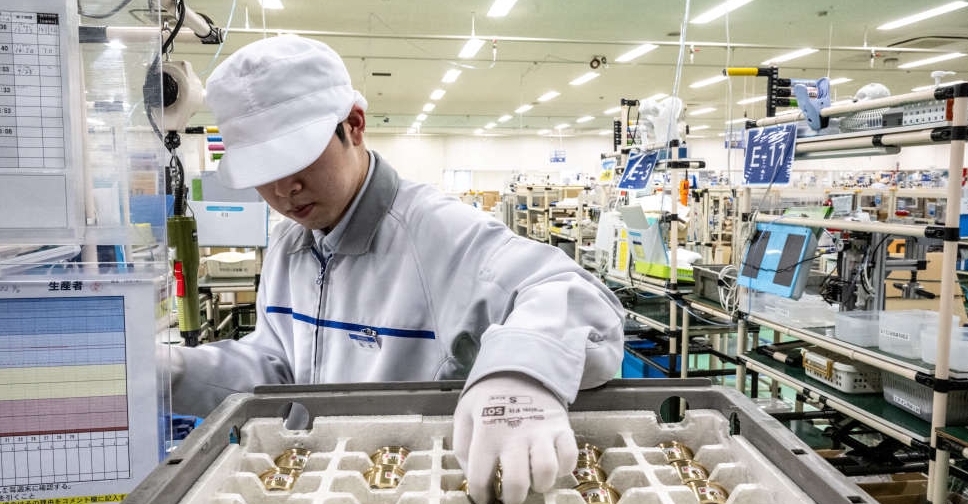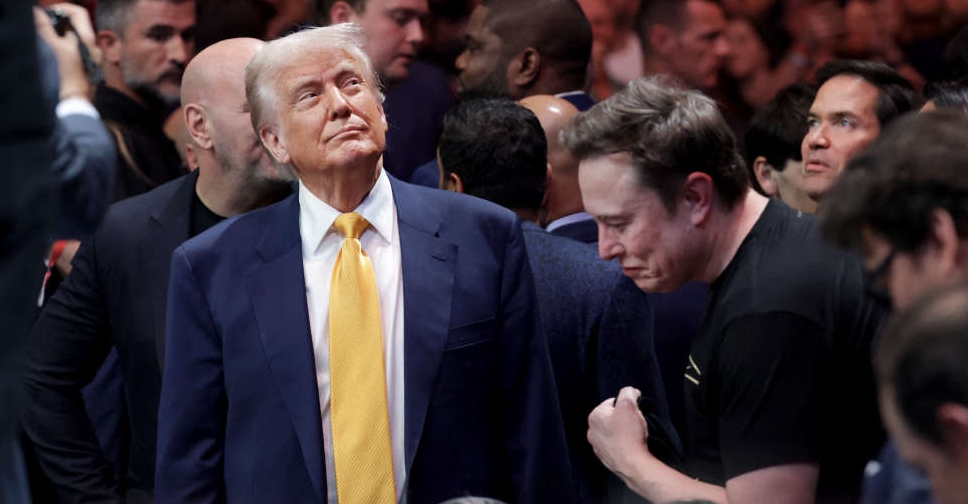
Johnson & Johnson said on Friday it is planning to break up into two companies, splitting off its consumer health division that sells Band-Aids and Baby Powder from its large pharmaceuticals unit.
The healthcare conglomerate will separate its consumer health business into a new publicly traded company. Rival Pfizer Inc had in 2019 combined its consumer health unit with GlaxoSmithKline plc in a joint venture.
Johnson & Johnson said it is aiming to complete the planned separation in 18 to 24 months, sending its shares up 5 per cent before the bell.
The company will retain its pharmaceuticals and medical device units, which sells drugs such as cancer treatment Darzalex. The units are expected to generate revenue of roughly $77 billion in 2021.
"The new Johnson & Johnson and the New Consumer Health Company would each be able to more effectively allocate resources to deliver for patients and consumers, drive growth and unlock significant value," said Joaquin Duato, who is expected to become J&J's chief executive officer in January.
The planned split comes days after U.S. industrial conglomerate General Electric Co said it would separate into three public companies to simplify its business and pare down debt.
On Friday, Japan's Toshiba Corp outlined plans on Friday to split into three independent companies.




 Japan compiles emergency economic package to ease tariff pain
Japan compiles emergency economic package to ease tariff pain
 Bangladesh, World Bank sign $850 million deal to boost jobs, trade
Bangladesh, World Bank sign $850 million deal to boost jobs, trade
 Saudi Arabia, India agree to boost cooperation in energy and defence
Saudi Arabia, India agree to boost cooperation in energy and defence
 Musk, facing criticism and falling Tesla sales, to cut back DOGE work
Musk, facing criticism and falling Tesla sales, to cut back DOGE work
 Dubai strengthens tech leadership with AED 2 billion data centre
Dubai strengthens tech leadership with AED 2 billion data centre






